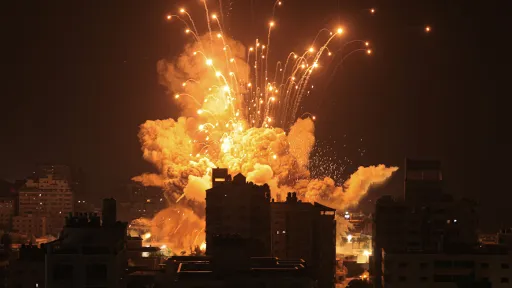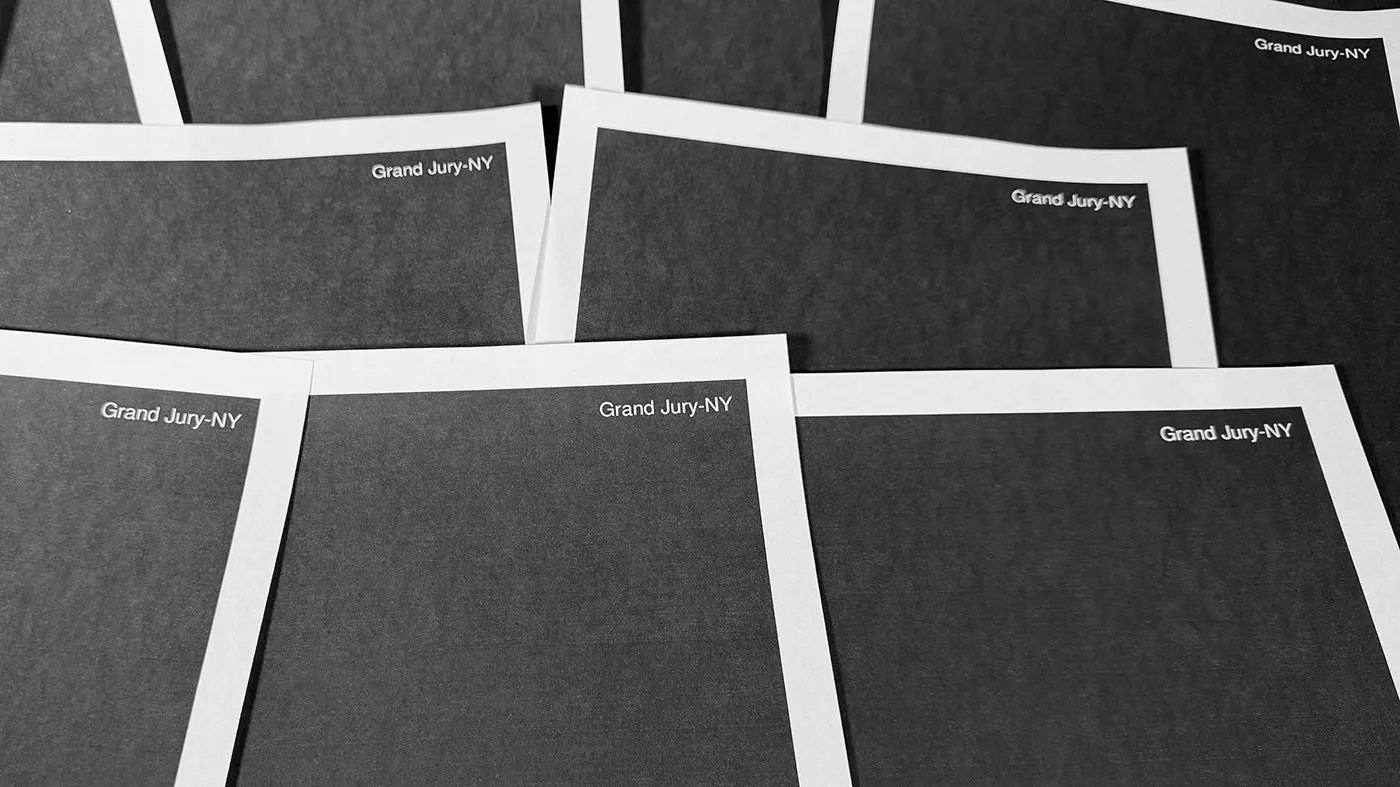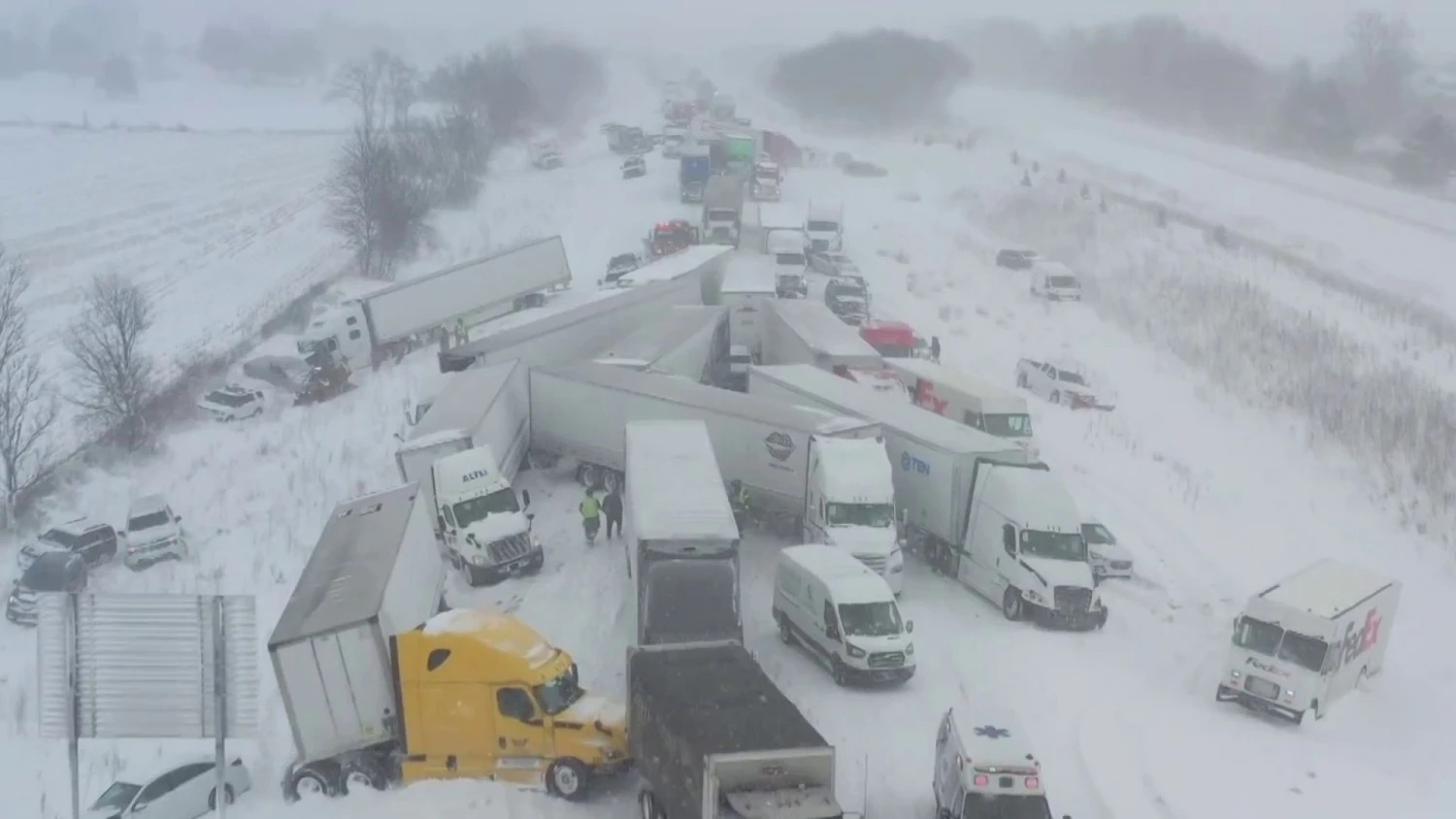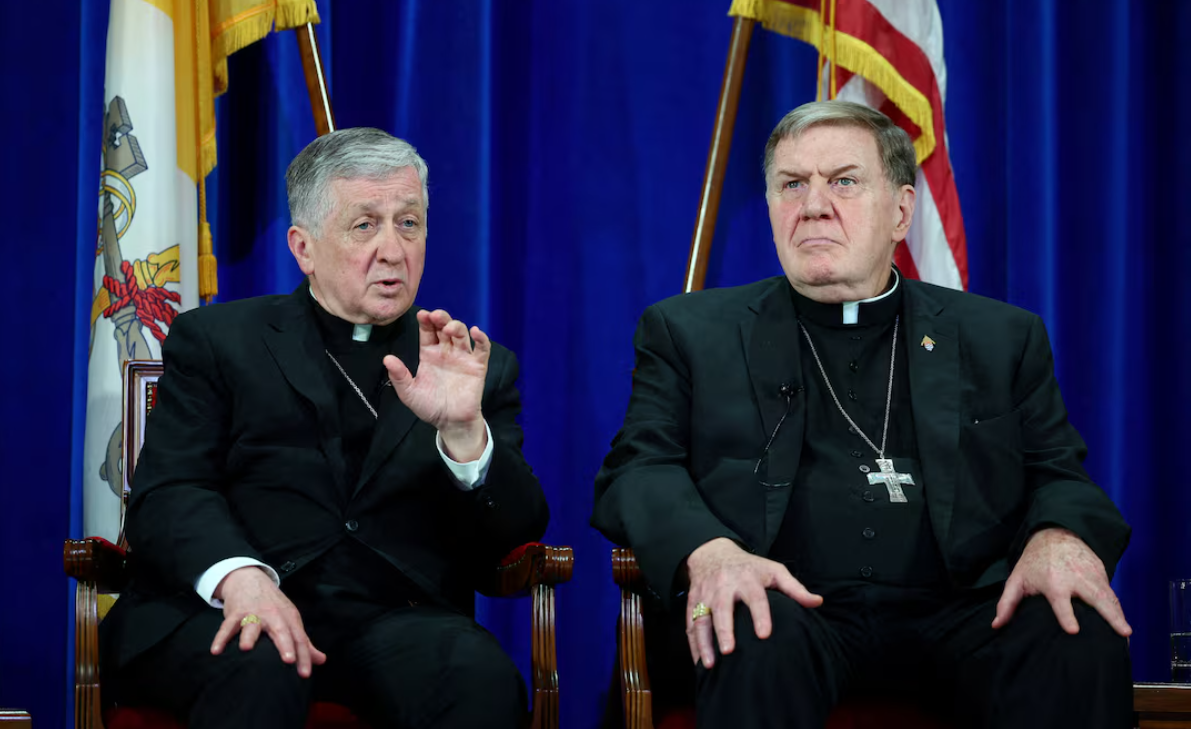The Israel-Hamas war has upended activity on U.S. college campuses, pitting student groups against their own university leaders as long-simmering tensions between pro-Israeli and pro-Palestinian organizations boil over.
Some student groups have long denounced what they call Israel’s occupation of Palestinian territories and brutal treatment of its residents, and while politicians from across the political spectrum were swift to condemn Hamas’s attack over the weekend, there were those at U.S. schools who laid the blame at Israel’s feet, leading to fears of potential antisemitic violence.
More than 30 student groups at Harvard released a statement after the attack saying that Israel was “entirely responsible for all unfolding violence,” and the University of Virginia’s (UVA) Students for Justice in Palestine said Hamas’s actions, while left hundreds of Israeli civilians dead, represent “a step towards a free Palestine.”
“We stand in solidarity with Palestinian resistance fighters and all oppressed people around the world seeking freedom and a better world,” the UVA group said.
The Harvard letter received so much backlash, including from the university’s president, that the names of all the original signing organizations have been taken off. Harvard Hillel responded by saying it is “deeply pained that instead of finding solace and support among our Harvard community in the days following the bloodiest massacre of Jews since the Holocaust, we encountered further hatred and anti-Semitism here in Cambridge.”
Micah Gritz, COO of Jewish on Campus and a senior at Tufts University, says the “campus environment” has been “horrifying.” He said Jewish and Israeli students are “incredibly scared,” and that he had friends who died in Israel over the weekend, while others have been hiding in bomb shelters or getting redrafted into the Israeli army.
“On campus, we’re seeing students either turn a blind eye to the conflict, or we’re seeing those who are openly celebrating our pain, you know, glorifying it, justifying it,” Gritz told The Hill. “They’re casting the murder of Jews and Israelis as progressive, as liberation. It’s just honestly very, very scary as a Jewish student on campus who has friends and family in Israel.”
The distinction between the actions of Hamas and support for the Palestinian people more broadly has been a key one, with lawmakers seeking to draw a sharp line between the two.
“It should not be hard to shut down hatred and antisemitism where we see it. That is a core tenet of solidarity,” Rep. Alexandria Ocasio-Cortez (D-N.Y.) said in a statement after a rally in New York City in support of Hamas.
“The bigotry and callousness expressed in Times Square on Sunday were unacceptable and harmful in this devastating moment. It also did not speak for the thousands of New Yorkers who are capable of rejecting both Hamas’s horrifying attacks against innocent civilians as well as the grave injustices and violence Palestinians face under occupation,” she added.
College campuses in the U.S. have been a hotbed on the Israeli-Palestinian conflict for years, with each flare-up of violence in the Middle East sparking renewed frustrations on both sides.
Students for Justice in Palestine at Arizona State University held a rally in support of Palestine on Sunday, saying in a post that the event was used to “learn about the Palestinian liberation struggle against the U.S. and Israeli war machine.” Since then, the student organization has been reposting on X, formerly known as Twitter, posts tracking the number of dead Palestinians from Israeli counterattacks, and informational videos on the surprise attack from “Palestinian resistance in Gaza.”
While the actions by some student-led groups have been seen as dismissive of the loss of life in Israel over the weekend, others worry schools and lawmakers are vilifying all Palestinians.
“The level of anti-Arab hate and rhetoric hasn’t been this high since the aftermath of 9/11. It is far worse than the Trump years,” Abed Ayoub, the national executive director of the American-Arab Anti-Discrimination Committee, said on X. “We’ve received many calls for assistance in dealing with threats and intimidation. Schools across the country are vilifying Palestinians, and elected officials are setting up the stage for hate crimes against Arabs.”
Indiana University (IU) saw a minor clash between peaceful protests for Israel and Palestine at its campus on Monday night, with the student newspaper, the Indiana Daily Student, reporting that the two sides yelled at each other as they were separated by a police line.
“We just stand for peace, it’s an emotional conflict,” one member of the Palestinian Solidarity Committee at IU told the Daily Student. “We don’t represent Hamas, and we don’t condone the actions of Hamas. But we also don’t condone the actions of the Israeli military. We do not want to see Palestinian children or Israeli children killed in this siege. It is a tragic event, and we hope things deescalate as soon as they can.”
Moving forward, campuses are looking at how to support their students, as it is unclear how long the war between Israel and Hamas will last.
“We expected home campus communities to offer solace. That’s what the college campus is about, and grieving these vicious and cruel attacks on Israeli civilians,” said Debbie Yunker Kail, the executive director of Hillel Jewish Student Center at Arizona State University.
A recent Ipsos survey from before the conflict showed 57 percent of Jewish students on college campuses say they have witnessed or experienced antisemitism, either at their school or in the general public.
“This feels personal, for many students, whether they have family or friends in Israel, whether they’ve traveled there and met people there, whether they feel connected to Israel as a Jewish homeland,” Kail said. “And so any support that students need, we feel like it’s really important just to start with the individual and what they’re feeling and to ensure that they have space to process this.”




